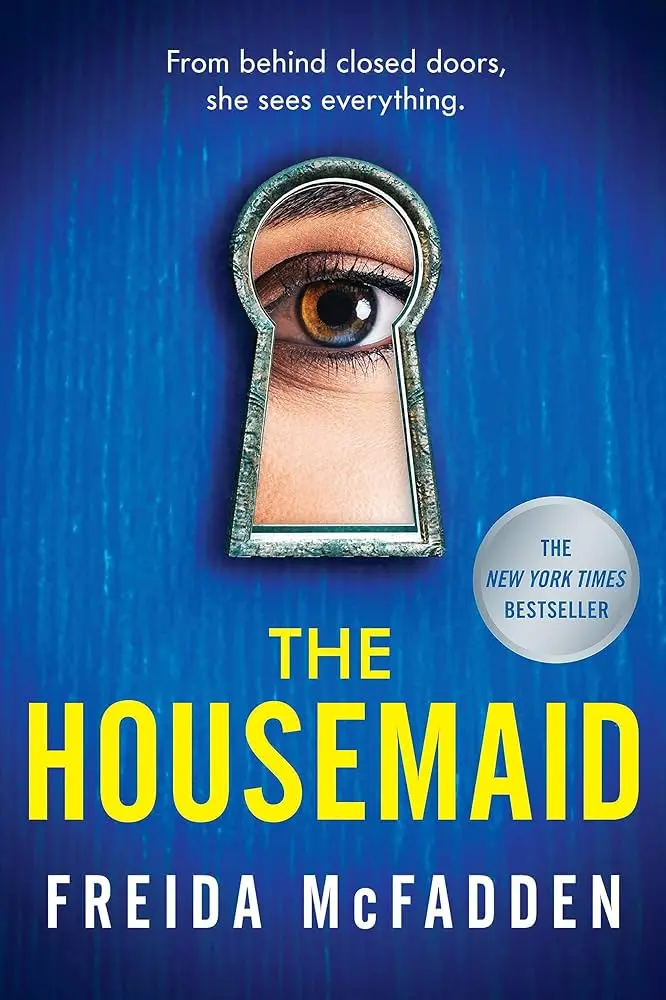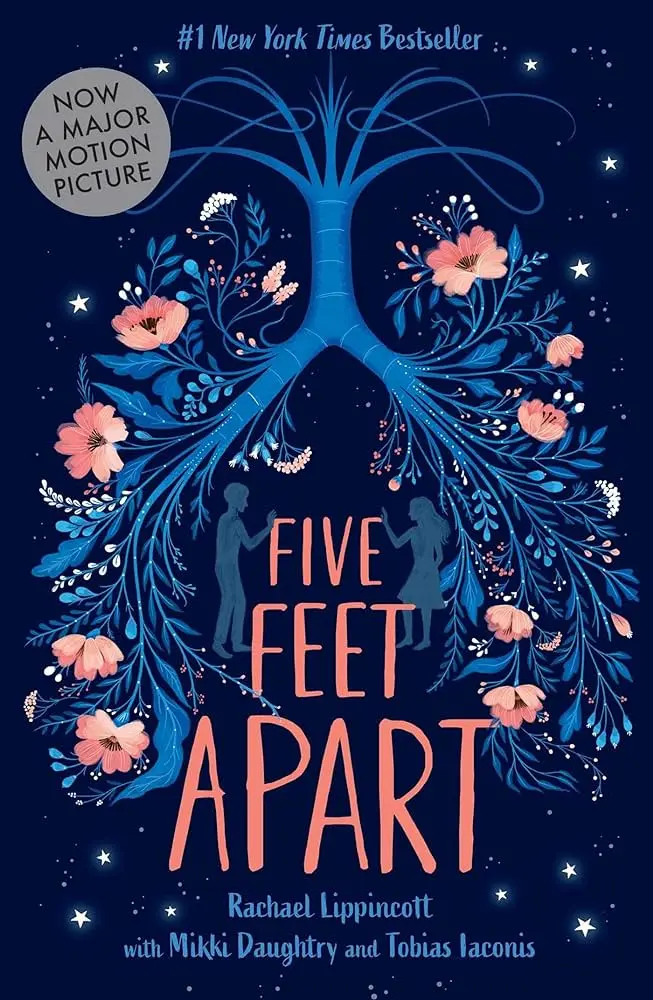A Wild Ride Through Domestic Chaos
If you’re looking for a book that takes you on a journey of psychological twists, unreliable narrators, and enough domestic drama to make a reality TV show look tame, then “The Housemaid” by Freida McFadden is calling your name. But don’t get too excited just yet; this isn’t going to be a sugar-coated love fest. Let’s get into the nitty-gritty of what works, what doesn’t, and everything in between.
Plot: Unpredictable or Just Plain Messy?
“The Housemaid” follows Millie Calloway, a woman down on her luck who lands a job as a live-in maid for the wealthy Winchester family. From the get-go, Millie’s life is anything but ordinary. Her boss, Nina Winchester, is a piece of work—a woman who might just be the poster child for gaslighting and manipulative behavior. And Andrew, Nina’s husband, isn’t exactly winning any ‘Husband of the Year’ awards either. The plot thickens as secrets unravel and Millie finds herself caught in a web of lies, deceit, and danger.
Now, here’s where things get interesting. The plot twists are about as subtle as a brick to the face. McFadden doesn’t pull any punches when it comes to throwing her characters into the deep end. Some might call it thrilling; others might call it over-the-top. But hey, what do I know? I’m just here for the ride.
A quick note on our protag – Millie. She’s like that player in your game who just can’t catch a break. Millie’s past is a mystery, her future uncertain, and she’s got the kind of luck that makes you wonder if she walked under a ladder while breaking a mirror and spilling salt. But despite all that, she’s determined and resourceful—qualities that make her somewhat likable, even if her decisions sometimes make you want to scream.
Writing Style: Engaging or Exhausting?
Freida McFadden’s writing is like a shot of adrenaline—fast-paced and relentless. The chapters are short, which is great for keeping the momentum going. But let’s be real, sometimes it feels like she’s trying too hard to keep you on the edge of your seat. There’s a fine line between suspenseful and exhausting, and McFadden straddles it precariously.
Her use of first-person narrative from Millie’s perspective works well to draw you into the story. You get a front-row seat to Millie’s thoughts, fears, and frustrations. It’s immersive, sure, but it can also be a bit much. It’s like sitting next to that one player who won’t stop talking about their backstory during a game session.
Themes: Domestic Noir or Soap Opera?
The themes in “The Housemaid” revolve around power dynamics, deception, and survival. McFadden paints a bleak picture of domestic life, where trust is a rare commodity and everyone has something to hide. It’s a classic case of domestic noir, with an extra serving of melodrama.
Is it gripping? Yes. Is it original? Eh, not so much. We’ve seen these themes before, and while McFadden adds her unique spin, it’s hard to shake the feeling that you’re treading familiar ground. It’s like playing a module you’ve run a hundred times before—still fun, but you know all the plot twists.
The Good, the Bad, and the WTF Moments
The Good:
- Pacing: The story moves at a breakneck speed, which keeps you hooked. There’s no time to get bored, and the constant twists and turns keep you engaged.
- Atmosphere: McFadden does a great job of creating a tense, claustrophobic atmosphere. You can feel the tension building with each page, which is exactly what you want in a psychological thriller.
The Bad:
- Predictability: Despite the numerous twists, some plot points are telegraphed from a mile away. It’s like playing a game where you already know all the plot hooks.
- Character Development: Some characters feel one-dimensional. You want more depth, but you’re left with cardboard cutouts instead.
- Over-the-Top Drama: There’s a fine line between thrilling and melodramatic, and “The Housemaid” crosses it more than once. It’s like watching a soap opera where everyone’s secrets are just a little too convenient.
The WTF Moments:
- Millie’s Decisions: Some of Millie’s choices are so baffling that you can’t help but facepalm. It’s like watching a player make the worst possible decisions in a game, and you’re left wondering if they’re doing it on purpose.
- Plot Twists: Some twists feel forced, almost as if McFadden was throwing everything at the wall to see what sticks. It creates a chaotic vibe that’s hard to follow at times.
Final Verdict: Worth Your Time or Not?
So, should you read “The Housemaid”? If you’re a fan of fast-paced thrillers with a healthy dose of domestic drama, then yes, give it a shot. It’s not without its flaws, but it’s an entertaining ride. Just don’t expect literary greatness or profound insights. This book is like going on a rollercoaster—fun, thrilling, and a little bit nauseating.
For those who prefer their thrillers with a bit more subtlety and nuance, you might want to pass. “The Housemaid” is many things, but subtle isn’t one of them. It’s loud, brash, and in your face, which can be both its strength and its weakness.
Subscribe to our newsletter and get a free novel each month!



